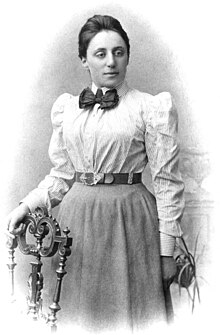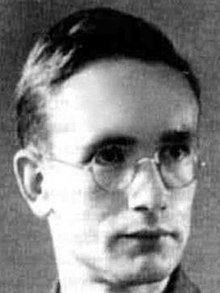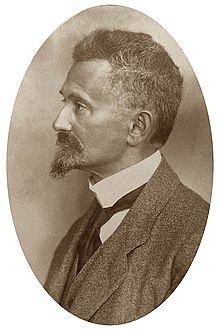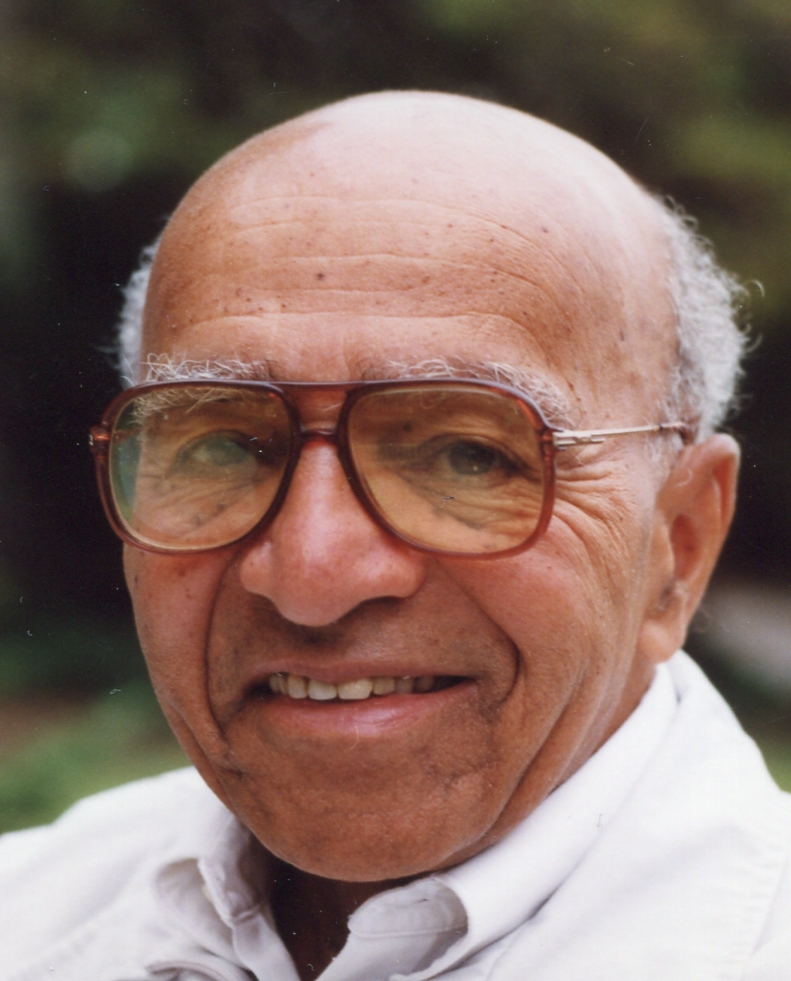Maths under the Nazis and the origin of statistics
Does it matter who made mathematics?
This page discusses some of the people behind mathematicians, looking at issues related to personal identity. It discusses mathematicians affected by the rise of Nazism in Germany and some of some of the founders of the discipline of statistics. These are sensitive issues, and this page discusses difficult topics that some may find upsetting.
While this exhibition is about the people who made mathematics. Does it matter who made mathematics?
Often mathematicians are not particularly interested in the history of mathematics. This is because the truth of a mathematical statement does not depend upon who discovered it. In this sense it is not important who made mathematics.
What is important, however, is who will get to make the mathematics of the future. Most mathematicians agree that we should give as many people as possible, irrespective of their background, the opportunity to contribute to our discipline.
Emmy Noether

Emmy Noether (1882-1935) was a German mathematician who made foundational contributions to the modern discipline of abstract algebra.
Noether also proved a remarkable theorem connecting conservation laws in physics with the symmeteries of underlying physical laws. Conservation of energy corresponds to time symmetry, i.e. the fact that the laws of physics do not change over time. Conservation of momentum corresponds to symmetry under translations, i.e. the fact that the laws of physics are the same everwhere. Conservation of angular momentum corresponds to symmetry under rotations, i.e. the fact that the laws of physics do not depend which way you are facing.
Because of Noether's theorem, physicists wondered if other conservation laws, such as the conservation of charge, might also come from symmetries in hidden higher dimensions. This idea has been an important guide in the development of quantum field theories.
Noether was Jewish, and along with many other Jewish mathematicians, she was expelled from the University of Göttingen after the Nazi party rose to power in Germany. It was the students in the German Student Association who instigated the explusion of Jewish mathematicians. Noether was contacted by Somerville College, Oxford and Bryn-Mawr college in the United States who offered her positions, and she chose to move to Bryn-Mawr.
Oswald Teichmüller

Oswald Teichmüller (1913-1943) studied at the University of Göttingen. He was a member of the Nazi party and agitated for the expulsion of his Jewish professors Richard Courant and Edumnd Landau in 1933.
He went on to research mathematics and made important contributions in the field of complex analysis, leading to the development of the theory of what is called Teichmüller space.
In 1939 he was drafted into the Wehermacht, but was allowed to return to mathematics in 1942. In 1943 after the German defeat in the Battle of Stalingrad, he volunteered to serve and was killed in action in 1943.
The fact that Teichmüller was a committed Nazi does not affect the validity of his mathematical results.
Felix Hausdorff

Felix Hausdorff (1868-1942) was a Jewish German mathematician. He made significant contributions in set theory, measure theory and functional analysis and was one of the founders of modern topology.
After the rise of the Nazi party he began to experience difficulties, which escalated after Kristallnacht in 1938. In 1942 Hausdorff, his wife, and his wife's sister, Edith Pappenheim, were ordered in January 1942 to move to the Endenich concentration camp. Knowing what this would mean, the three committed suicide by taking an overdose of barbital.
Alan Turing

Alan Turing (1912-1954) was a British mathematician and pioneer of computing. He proved a foundational result in the theory of computing that states that it is impossible to write a computer programme that can work out from the source code of others programmes whether or not they will stop running. The shows that there are some problems no computer can ever solve.
During World War II, Turing worked on cryptanalysis at Bletchley Park, helping to crack the German Enigma code. He developed a machine called the Bombe, was an early form of electromagnetic computer which was able to dramatically increase the speed with which messages could be decoded. His work at Bletchley Park had a significant role in securing the Allied victory over Germany.
After the war, Turing continued to make major contributions to the theory of computing and to mathematics.
Turing was gay, and gay sex was illegal in England until 1967. He was arrested in 1952 and plead guilty to a charge of gross indecency. He was convicted and given the choice between imprisonment, or probation and chemical castration. He chose the latter. The conviction resulted in him losing his security clearance and as a result his cryptographic consultancy work. He was also denied entry to the United States. In 1942 he committed suicide using cyanide.
In 2014, following years of campaigning Turing was posthumously pardoned by an act of Parliament. The Policing and Crime Act 2017 extended this to retroactively pardon everyone who had ever been cautioned or convicted under the historic laws that outlawed homosexual acts.
Ronald Aylmer Fisher
Fisher (1890-1962) worked in mathematics, statitics and biology and has been described as "a genius who almost single-handedly created the foundations for modern statistical science".
He is controversial today because of his interest in eugenics. Today, the term eugenics is inseparable from the mass killings performed by the Nazis in concentration camps and their forced sterilization of the disabled. However, the term was understood somewhat differently before the World War II to encompass various ideas related to manipulating the human gene pool. For example, the common medical practice of screening embryos for genetic defects and terminating pregnancies when certain defects are found would have been described as a form of eugenics in Fisher's time. While Fisher was interested in eugenics, he did not advocate for mass killing or forced sterlization.
Eugenics is also associated with theories of racial superiority which are now considered to be discredited, along with the entire theory that humanity is composed of distinct races. None of Fisher's work explicitly supports the idea of racial superiority or white supremacy. Fisher worked closely with Ghanian geneticist Ebenzer Laing and Indian statistician Prasanta Chandra Mahalanobis. Some scholars have argued that Fisher was anti-racist, others that he was racist.
Calyampudi Radhakrishna Rao

Rao (1920-2023) was an Indian-American mathematician and statistican, winning the 2023 International Prize for Statitics for a lifetime of major achievements in the development of statistics.
Rao obtained a PhD at Cambridge under the supervision of Fisher. The Fisher-Rao metric is a tool that can be used to understand statistical distributions geometrically. The Cramer-Rao bound provides an upper bound on how accurately you can estimate the parameters statistical model using data from a sample. These are just two of Rao's seminal contributions to statistics.
David Blackwell

Blackwell (1919-2010) was an African American mathematician and statistican. He was the seventh African American to earn a Ph.D. in mathematics in the United States and made significant contributions in game theory, probablity theory, information theory and statistics.
The Rao-Blackwell theorem, proved with C. R. Rao, is a foundational result in statistics. It shows how an arbitrary statistical esitimator can be improved to an estimator that obeys an appropriate optimality criterion. This makes it an effective tool for developing optimal statstical measurements.



